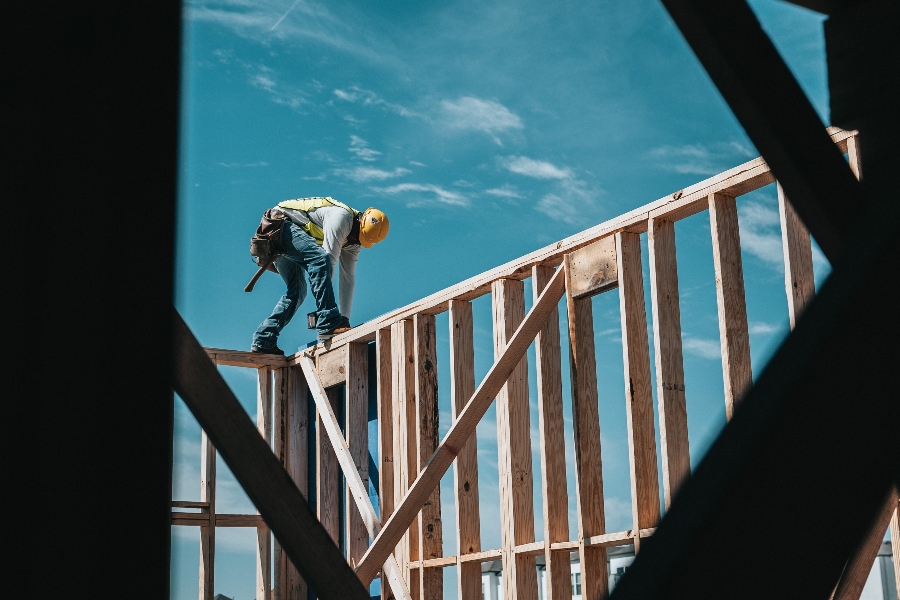The procurement of construction equipment is inevitable if you are a construction company; the only real decision to make is whether your finances dictate rental, leasing, or outright buying. Although each one has its benefits and detriments, it’s hard to argue with the fact that leasing/renting frees up cash flow for your business to pursue other essential endeavors. Let’s tackle each option below.
Construction Equipment: The Rental Option
As noted above, renting is not a cash-draining option. Additionally, any rental company worth the title will save you on delivery costs – although it is more accurate to say that a fraction of the delivery costs are incorporated into the overall cost. Still – you save a lot since they socialize the delivery cost over all the other customers they have. You don’t have to worry about getting the correct model, either, since they’ve got all the new ones and many of the old equipment that has yet to be deprecated.
If you decide to rent your construction equipment, make sure you have an idea of the length of time for which you’ll need it, to reduce your costs via an accurate rental agreement. Charges can pile up steadily if you miss the mark and have to keep it beyond the contract date.
Cash Upfront: The Buying Option
If you choose instead to buy your construction equipment outright, prepare yourself for hefty charges. Of course, since you now own it, you are free to modify it in any way you please – unlike the case with renting. Unfortunately, it may be difficult (prohibitively costly) to keep up with new models that have substantial improvements that might improve your business.
It isn’t always the case that you need to pay for construction equipment in its entirety up front. With many companies, you can offer a hefty down payment, and then make monthly payments in a rent-to-own setup. There’s also the case of tax benefits such as those concerning equipment degradation.
The Final Option: Leasing Construction Equipment
We touched on this in both sections above; leasing equipment is a middle way between both buying and renting – it is, effectively, a rent-to-own option that frees up your capital and facilitates equipment upkeep. When you lease, you rent, and you can trade the equipment in for a variety of contractually-specified reasons. The interest rates are, of course, higher than if you rent since there’s more risk involved.
Check out Jasema Capital financial blog for more information on business topics such as this one; you can reach us via the webform at your convenience.

